Archie Panjabi is magnificent. For six years she played the kick-ass Kalinda Sharma in The Good Wife, a role that won her an Emmy, and made her the ever Asian actor and Asian woman to win one for acting. This year, she’s had two incredible parts on two very different shows on HBO. In Run, she plays Fiona, a woman hellbent on breaking up our two irresponsible former lovers, Billy and Ruby, played by Domhnall Gleeson and Merritt Wever. In I Know This Much Is True, Panjabi plays a calm and thoughtful psychiatrist to twins Dominick and Thomas Birdsey.
Earlier today, we caught up with her via telephone, for a quick chat about both of these roles.
This interview has been edited for length and clarity.
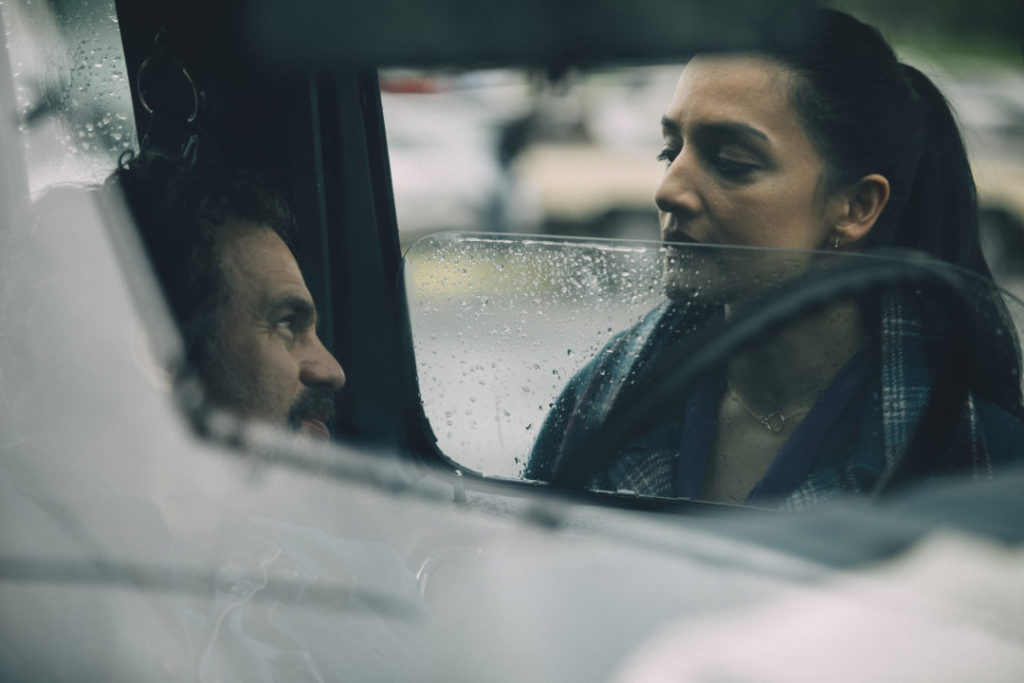
Umapagan Ampikaipakan: Over the course of your career, you’ve played such a diverse range of characters. You’ve avoided being typecast in the roles that are typically reserved for Indian actors or actors of color. Well, okay, Dr. Patel aside…
Archie Panjabi: [Laughs]
UA: …they’re all very different. From Kalinda in The Good Wife, to Dr. Patel in I Know This Much Is True, to Fiona in Run, to your comedy work. How you pick and choose these roles?
AP: That’s a very good question. You know, as an actress of Indian origin, there isn’t a huge amount of roles in England or in Hollywood. And whilst that is changing, we still have a way to go. I have been very fortunate to play roles that have, you know, to some extent broken the glass ceiling. They’re not very typical, but I feel it’s part to do with me choosing the roles, but also working closely, and developing a close relationship with the writer and the director. And I always go in with opinions and we have discussions of how – if it is written in a stereotypical way – we can change it, or how I can add my unique voice to the character and amend it accordingly. I think it’s a combination of choosing, but also working closely with the creators of the show.
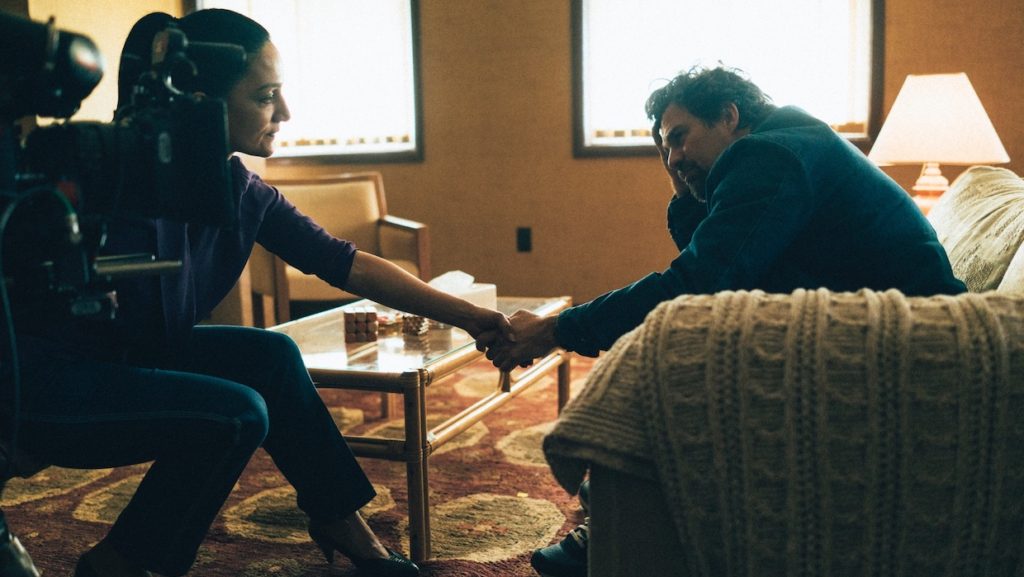
UA: Let’s talk about I Know This Much Is True. In my review, I called it one of the finest pieces of television I’ve ever seen. And yet I found it so difficult to recommend because of everything that’s happening in the world right now. And so, I wanted you to help me do my job. I wanted you to tell me why these six episodes are such essential viewing. For now, or for any time.
AP: Occasionally, something comes along which is so magnificent. If I can say that, having been in the project myself. It is so powerful. Is it something authentic, and real, and raw. For me, it’s very reminiscent of filmmakers like Ken Loach, where you feel that you are a fly on the wall, looking into these people’s lives. You are emotionally affected by that. It’s very visceral. So for that reason, whatever we’re going through now, if you want to watch a magnificent piece of art that doesn’t come along every day. This definitely fits into that category. It is heavy. It is dark. But my response to that is always, look, life is not about neatly tied up packages. It’s a river full of challenges. And this director (Derek Cianfrance) is unafraid to explore that that dark and ugly side of life. Which, at some point, we have all gone through. Or will go through. Abuse. Greed. Death. Mental illness. But he explores that in such an authentic way that I can understand why it makes for to make uncomfortable viewing because it almost forces us to deal with some of our own issues or happenings in life. I would also add that this is also a story about family, and in family, there is love, hatred, and anger. But there is also joy and redemption and forgiveness. I mean, I love it because, like I said, it’s a piece of art.
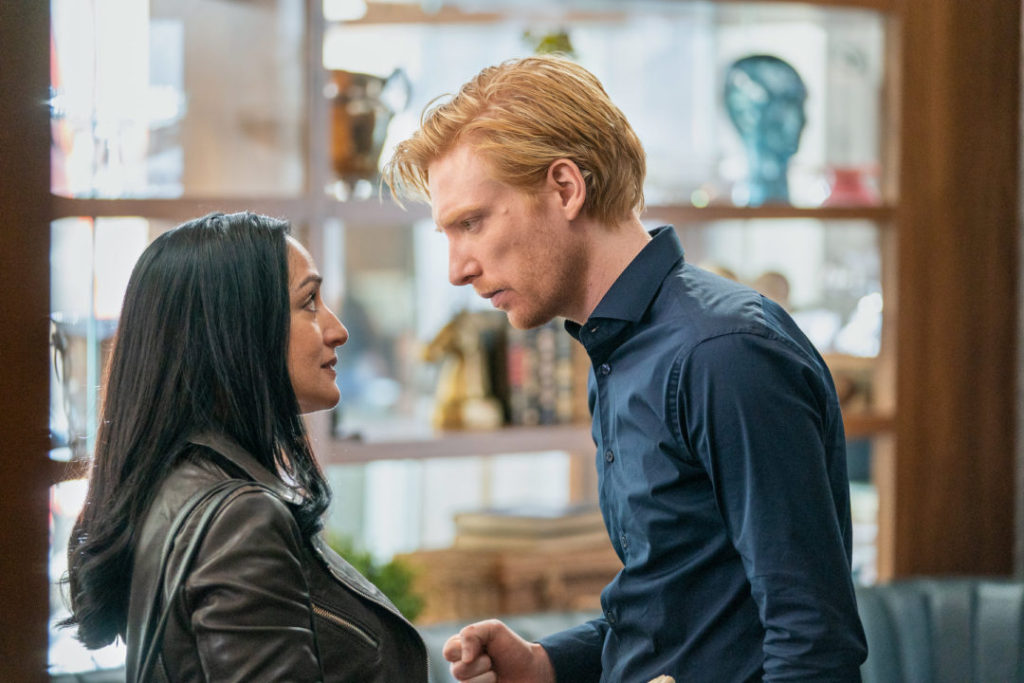
UA: So let’s talk about Run. I think one of the most phenomenal things about that series was the way you jived with both Domhnall Gleeson and Merritt Wever. I’m always curious about that kind of chemistry when it exists on screen. When you’re part of the strange little triangle. What makes it work? What is your process?
AP: The director and the creator definitely gave me a lot of pretty wide notes on this, but one of the things that came out of our discussions, which I’m a big supporter of, is that I love when we see two women actually getting on. And irrespective of Fiona’s motives, she genuinely does like Ruby’s character. And I think that’s what’s so bizarre. She’s there to break them up, and she can’t help but like this character. And I got on extremely well with Merrit. I’ve worked with her before and with Domnhall. And the three of us had so much fun on set that it was very easy to have that chemistry between both of them. And I feel like when you are with great people that are so open to connecting to your energy, you can create a great chemistry with your character. I think it’s essential that you can connect to the actor. And once you do that, which I did, then it’s so much easier to create great chemistry.
UA: With The Good Wife, you were in a show that took you into people’s homes every week. Both Run and I Know This Much Is True are very different things. Is there a format that you prefer?
AP: You know, playing Kalinda Sharma was so much fun for six years. I mean, it was the first job I ever had on American TV with a group of very established actors. A lot was expected of me and I was incredibly nervous. I’m just grateful to be able to have the opportunity of playing very different characters and working with so many different people. I love America and I feel very at home here. But I’m from England. I’m originally from India. Every day I am thankful that I have these opportunities. And it’s a very competitive industry, as you know. So when you get these opportunities, like I Know This Much Is True, like Run, when people value your work and they want to work with you, you just want to do your best. So each job, in its way, has a special moment. I can’t say which one has been my favorite. It’s the journey of exploring a character that is very creatively nourishing for me.

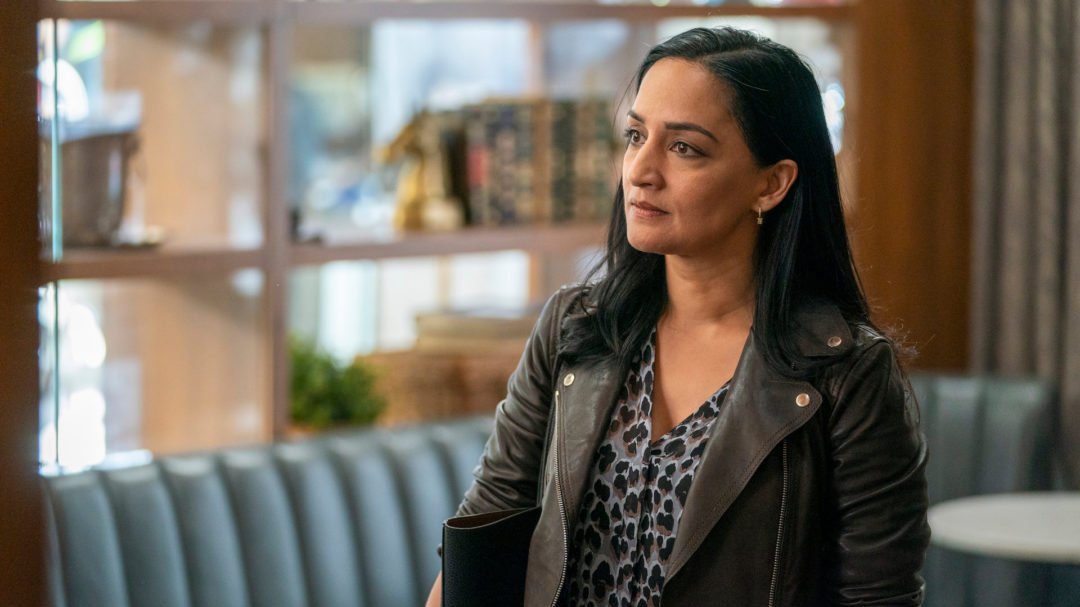

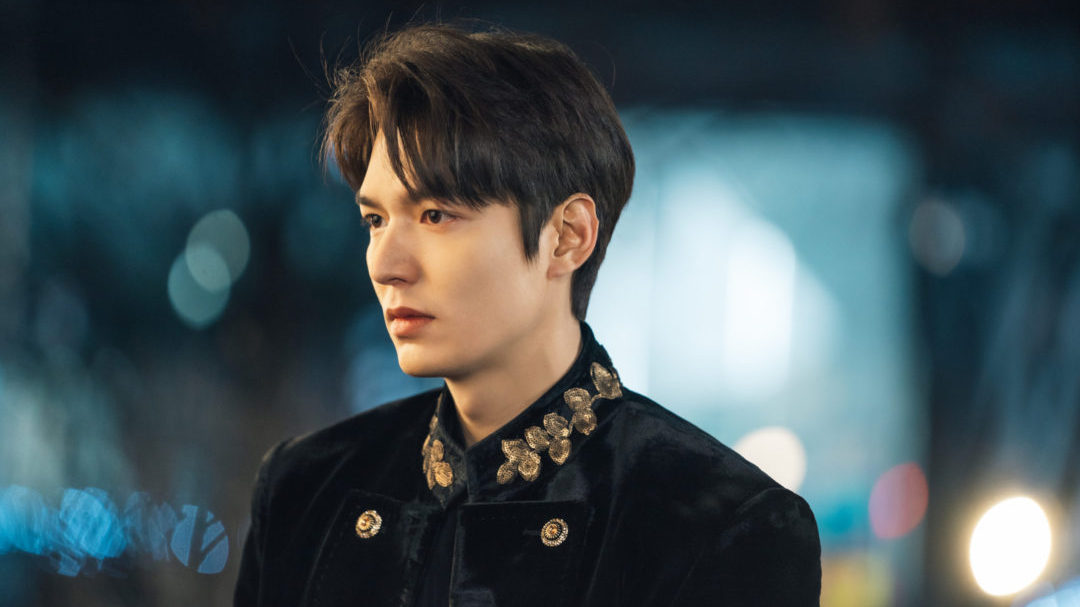
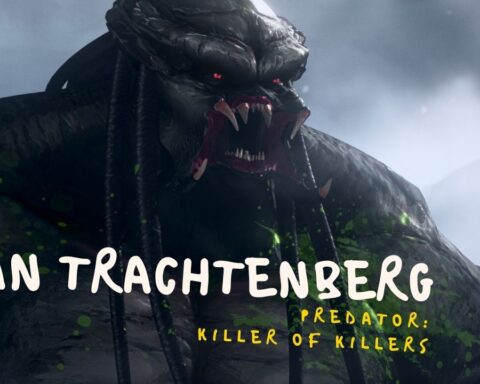
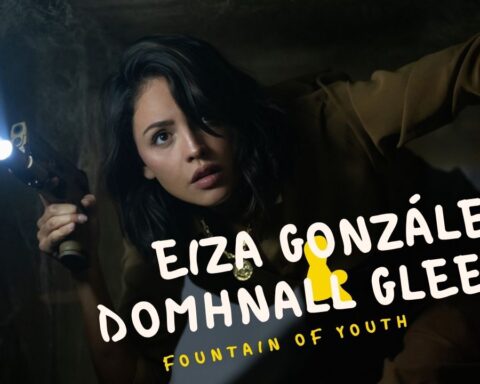
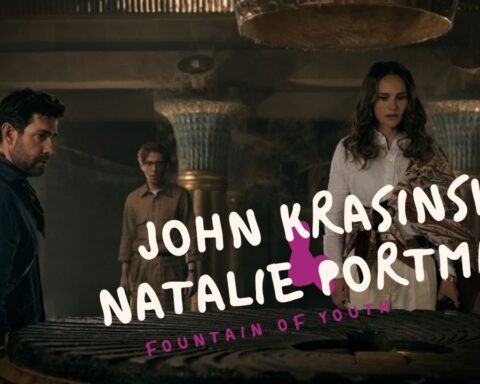
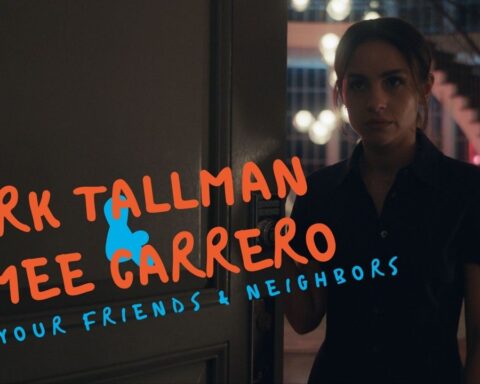
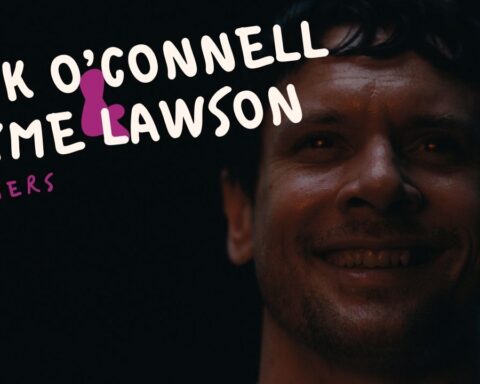
Follow Us